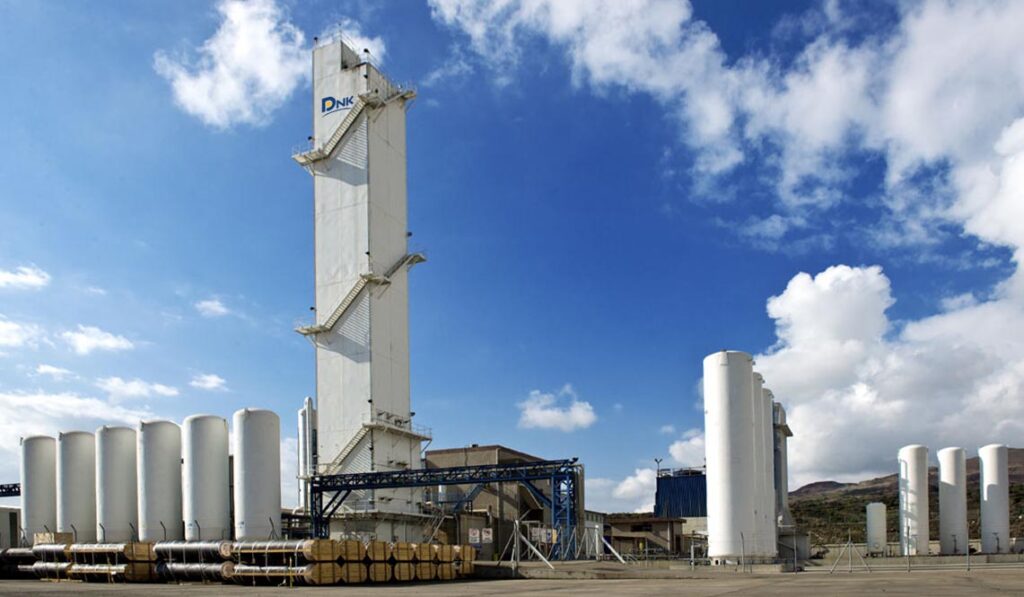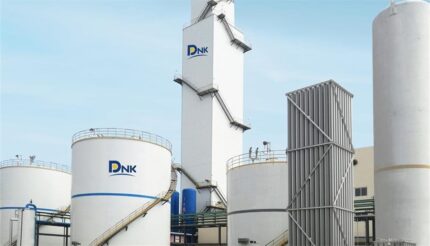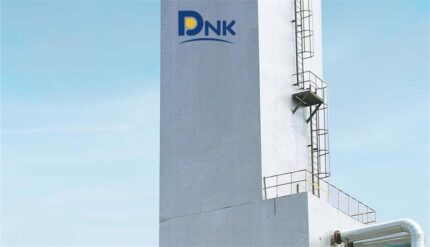Our company has always adhered to the quality management philosophy of "adopting advanced technology, manufacturing excellent products, providing high-quality services, and continuously satisfying customers". Recently, experts from the audit team of the Quality Management System Certification Group conducted an ISO9001 quality management system re-certification audit on our company. The representative of the management, the person in charge of the audit area, and the internal auditor attended the first and last meetings.
The audit team focused on evaluating the compliance and effectiveness of the system operation of the audited department around the relevant standards of the quality management system. Through communication with the audited department, reviewing documents and records, and on-site observation of the production workshop and the reasonable sampling of the above methods.
The final audit team agreed that the results of the re-certification audit were in line with the quality management system certification standards, and recommended the approval of the quality management system re-certification registration.
In recent years, the company's overall quality management level has continuously improved, highlighting the changes and profound impacts brought by the continuous implementation and operation of the quality management system in design, procurement, production, testing, sales, and other aspects. The company's product quality and service quality have gained recognition and trust from more and more market users.

DINAK AIR SEPARATION
Dinak has 20 years of manufacturing experience and has been focused on developing and optimizing natural gas processing, separation, and liquefaction technologies. Our export volume has also remained at the forefront of the air separation industry for many consecutive years, relying on rich and unique experience to provide high-quality services to global customers in the best way. Tailored solutions for their needs, minimizing energy consumption and improving productivity.


-430x247.jpg)

-1-430x246.jpg)
内页小-430x246.jpg)

-2-430x246.jpg)

